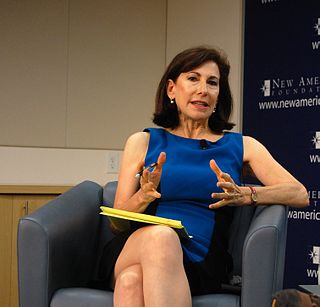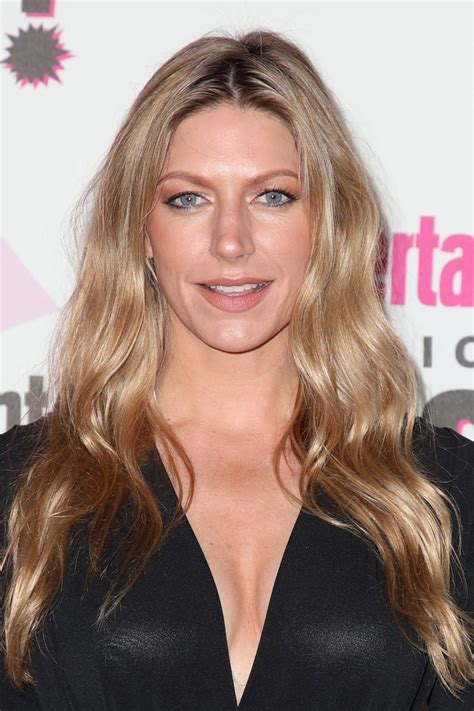A Quote by Emily Yoffe
The biggest problem is that people want to tell the whole story, and they write letters that are way longer than anything I could possibly run.
Related Quotes
Can you imagine if you really let it in that you are not a problem to be solved in any way? Imagine you knew that anything that would tell you otherwise is just a movement of thought in the mind that says "Whatever is, isn't the way it is supposed to be." So the biggest act of compassion starts within. And when the self is no longer seen as a problem, this is called "the peace that passes all understanding."
Gaza is such a tremendous humanitarian problem, it's way beyond Israel's capability to do anything significant about. It's a world problem, but the world doesn't want to do anything about it. That the world has packed them like sardines in a tiny piece of territory run by a fanatic Islamic group, run by a fanatic group like Hamas. Unless the world decides it wants to tackle this problem, that they want to deal with refugees there, prepare to absorb some of the refugees.
Memoirists, unlike fiction writers, do not really want to 'tell a story.' They want to tell it all - the all of personal experience, of consciousness itself. That includes a story, but also the whole expanding universe of sensation and thought ... Memoirists wish to tell their mind. Not their story.

































